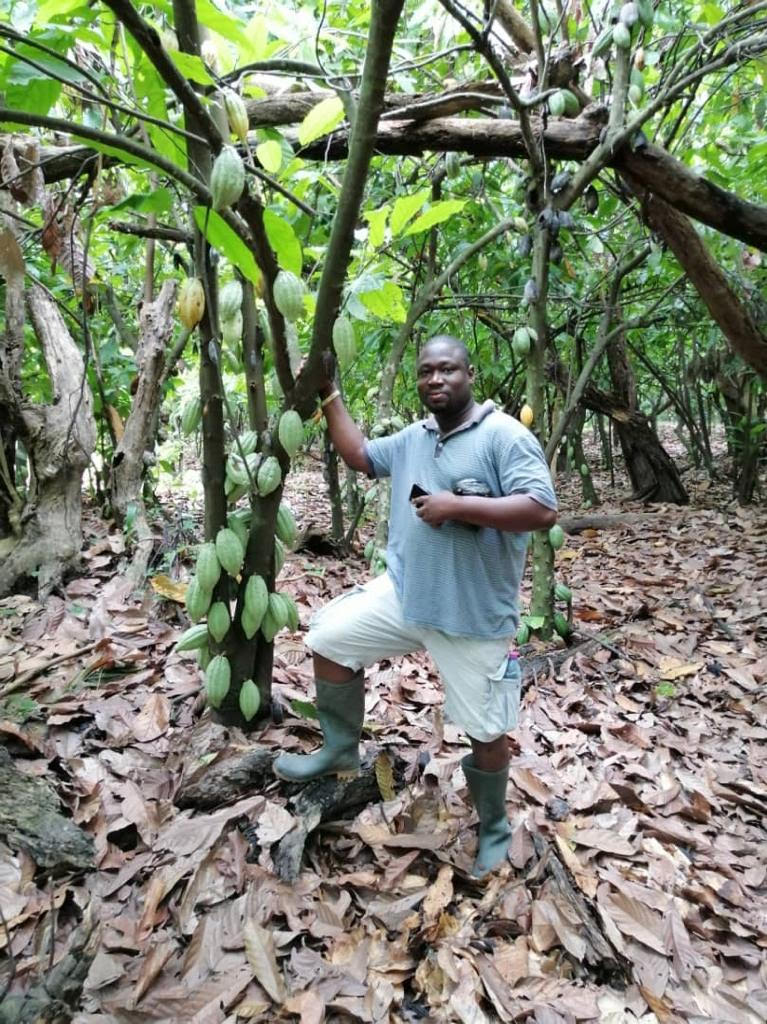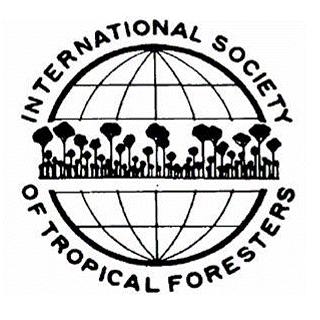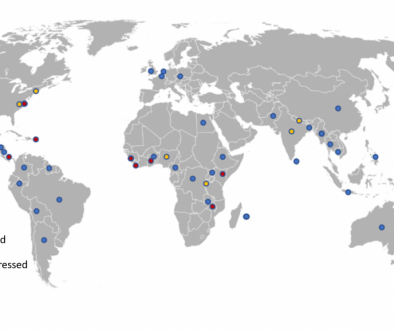ISTF and the post-COVID world
The ISTF Board
31 January 2021
The COVID-19 pandemic has inflicted devastation on the individual lives, families, health care systems, and economies of almost every nation on the planet. There is great pressure on governments to mitigate this economic impact and on individuals to address family and community needs. One option is to look to natural resources as potential sources of wealth to be exploited in this time of need. Thus, the drive to recover from the personal and country-level impacts of COVID could result in even greater depletion of tropical forests and their resources. With proper vision, planning, and execution, however, tropical forests and forestlands can sustainably contribute to recovery from the COVID pandemic. The International Society of Tropical Foresters can help ensure appropriate and sustainable use of forest resources during the pandemic and the recovery period by staying on message about conservation and sustainable use of tropical forest resources and sharing information about how to do so.
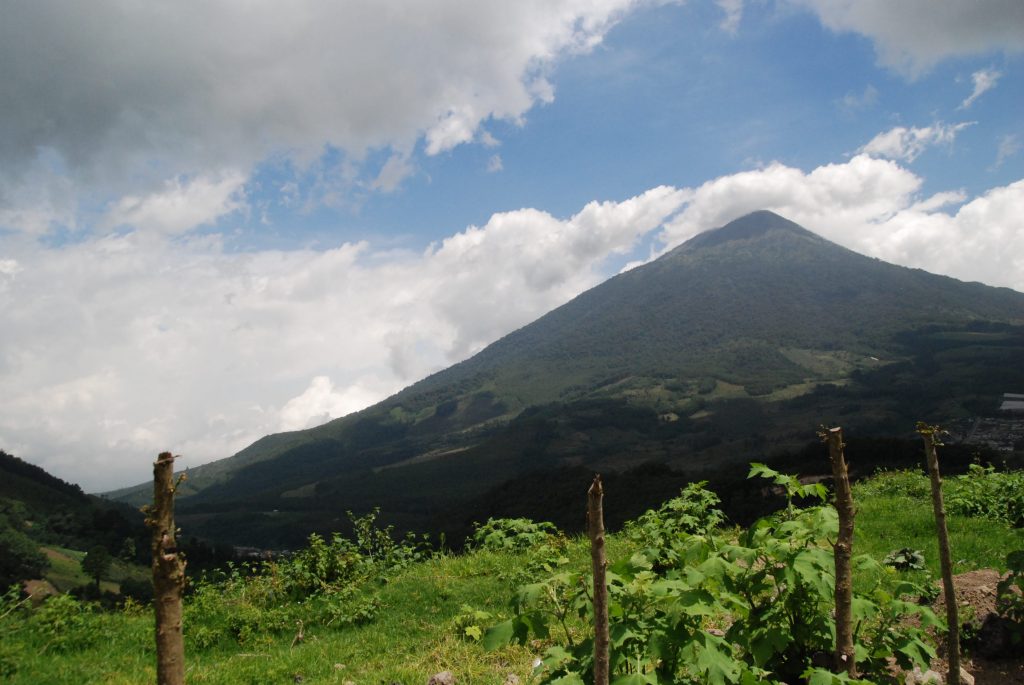
The interdependence among health care, governance, economics, and sustainable forestry is increasingly clear. The Covid-19 pandemic poses various threats to tropical forests and forest-dependent people (especially indigenous forest-dwellers). In some cases, losses have been exacerbated by government-led overexploitation of forests and forest lands, and from land and resource grabbing by opportunists taking advantage of lapses in governance due to Covid. Redistribution of populations has increased pressures on tropical forests, as people have returned to their rural roots after loss of their urban employment. For example, in Guatemala, many people have returned to smaller towns after losing their jobs in the capital city. Globally, this return to rural areas includes out-of-work migrant workers and international workers returning “home”. Reduced opportunities for earning in other sectors have increased pressure on tropical forests as local residents and returning workers clear additional land for subsistence farming and cash crops. Wildlife resources risk further depletion due to increased pressure from hunting for food.
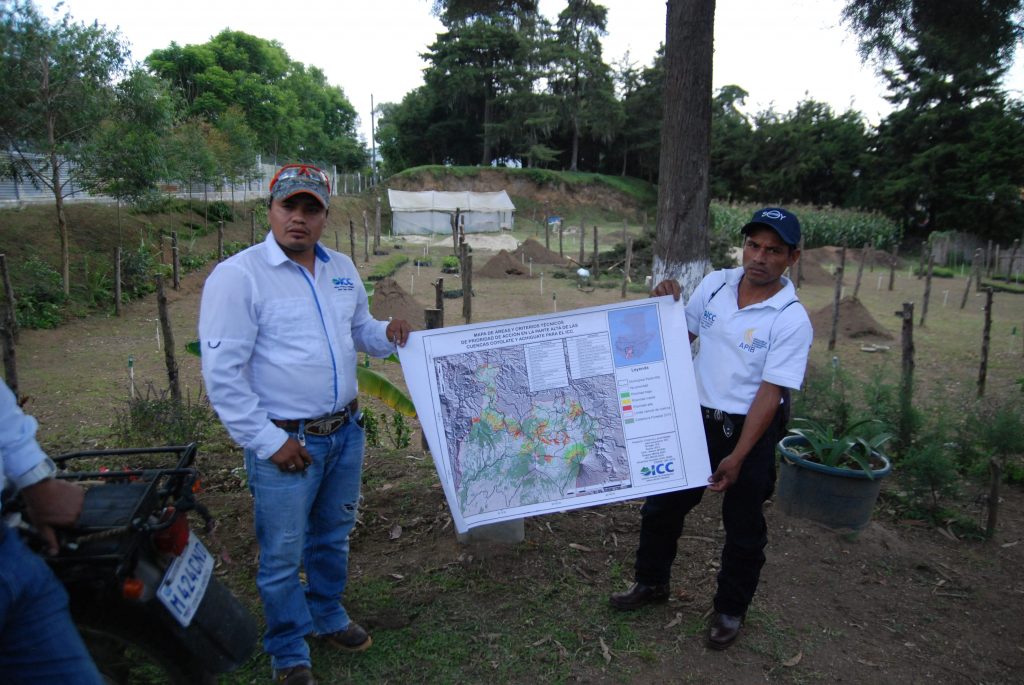
What role can ISTF play in the current urgencies? ISTF seeks to maintain and enhance the tropical and subtropical forests of our planet through networks of practitioners and implementers to foster knowledge transfer and exchange. Our goal is to assist local inhabitants, managers, and policymakers to recognize the values and benefits that forests provide and to ensure that the benefits are available to future generations.
With this goal in mind, ISTF encourages leaders to fully consider the long-term benefits that tropical forests provide and to resist the urge to over-exploit their resources for short-term benefits. Such action risks irreparable long-term damage to tropical forests, imperiling the environmental health at both local and planetary levels. Quick fixes at the expense of tropical forest resources are a) unlikely to provide the economic benefits sought, and b) risk reducing environmental quality now and into the future.
Countries and communities should rather view the Covid-19 pandemic as an opportunity to strengthen measures to conserve tropical forests and their resources, including through enhanced, multi-stakeholder governance structures that help to build more sustainable economies and more just societies. Many countries can use the Covid-19 re-set to take long-needed steps to clarify and strengthen forest tenure regimes and use rights.
In addressing relief and recovery from the pandemic, priority may be given to supporting viable agroforestry practices so that people who have returned to rural areas can enhance their food security in a sustainable manner and build greater resilience to future shocks of all types. It may also be appropriate to provide support for the marketing of locally-produced forest and farm products, including near-term emphasis on local and domestic markets – recognizing that many global market chains have been seriously disrupted by the pandemic. Grants and credit facilities may be required to help forest-based small and medium enterprises afloat until recovery gathers momentum. In many of these endeavors, the roles and functions of small producer groups and associations – working in concert with governments and members – can be indispensable.
Even prior to the onset of the pandemic, many countries committed to ramping up forest and landscape restoration. The Covid-19 pandemic provides a unique opportunity to advance and accelerate action on these commitments, consistent with relief and recovery objectives. Forest and landscape restoration can provide temporary and permanent jobs that will help with economic recovery and develop sustainable opportunities in rural areas, from nurseries to silviculture and management, from agroforestry to ecotourism.
From the ground up, ISTF needs to support voices and practical action in tropical forest restoration, conservation, and sustainable use. ISTF is committed to strengthening our networks of restoration practitioners, forest managers, and advocates for sustainable management while increasing our efforts to highlight successful cases with potential for scaling and transfer to other regions and locations.
We invite the ISTF Membership to help us keep ISTF relevant to the present moment.
